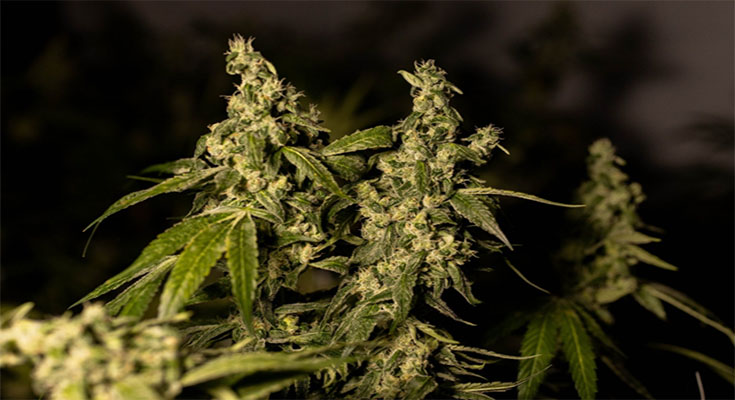There are several ways to identify the authenticity of THCV. For starters, it has a similar chemical structure to THC. In addition, it is a stimulant and appetite suppressant. This means it could be helpful in inflammation. You should also be able to tell if the THCV in a cannabis product has been tested. This is especially important if you have recently used cannabis-derived products.
THCV Is A Cannabinoid With A Chemical Structure Similar To THC
How check the authenticity of THCV is crucial before you use it. You can find this substance in cannabis products, but it is important to note that it is not psychoactive and does not affect the brain’s function. For instance, there are several THCV for sale online, and assume it is 100% natural but you have to do further research.THCV has been tested for its benefits in treating various conditions, including cachexia, a chronic disease characterized by excessive appetite, and cancer. This cannabinoid is highly sought after in the cannabis industry, but only a few types of plants produce this compound.
It Suppresses Appetite
THCV is a water-soluble cannabinoid found in cannabis plants. This substance has a long list of benefits. While THC is known to increase appetite, THCV suppresses hunger while maintaining its psychoactive properties. This compound is also useful in treating panic attacks, stress, and anxiety. It has been used to treat PTSD. However, it is not known exactly how it suppresses appetite.
It Is A Stimulant
The research on THCV is largely based on animal studies, but some recent research suggests that it may help people suffering from obesity and eating disorders. The substance acts on the CB1 receptor, which is linked to appetite and has been linked to weight loss in a 2009 study. By blocking this receptor, THCV may reduce appetite. While the results are mixed, THCV has a promising future as a treatment for obesity.
In human studies, THCV does not produce a high, but its effects on the body are similar to those of caffeine. Moreover, it is believed to have appetite-suppressing and uplifting effects. It is also being studied for its potential antipsychotic and neuroprotective effects..
It May Be A Potential Treatment For Inflammation.
Studies have shown that THCV reduces the symptoms of inflammation in mice. While these studies have focused on animals, THCV was also found to promote the growth of new bone cells. Until now, most THCV research has been conducted on animal models or in 3D models of human tissue. In future studies, the researchers hope to examine the effects of THCV in humans.
Moreover, THCV does not affect the volume of the contralateral hind paw or its withdrawal latency. As a result, the drug may be a promising candidate for inflammation treatment. It also shows great promise in clinical trials, where the potential for THCV as an anti-inflammatory medication is still in its early stages.
It Is A Precursor To Other Cannabinoids.
THCV is similar to THC in molecular structure but is derived from a different precursor chemical. While both are produced from the same cannabis plant, THCV is produced by the body from cannabigerol acid, a substance in the body. THCV is found mostly in pure landrace Sativa varieties from China, India, and Nepal.
This cannabinoid is synthesized from a derivative of boron trifluoride, which is a precursor to other cannabidiols. The molecule is then iodized via a multistep organic transformation to yield a C-ring-modified (-)-THC derivative. As a result, THCV is an excellent candidate for drug development.





